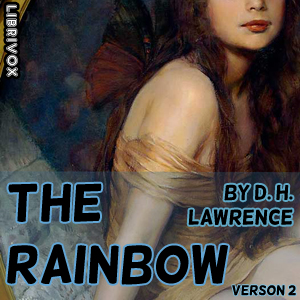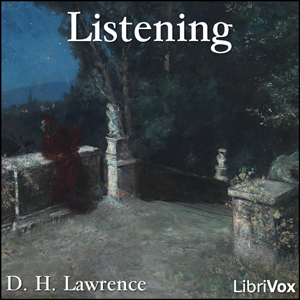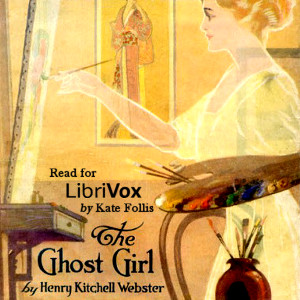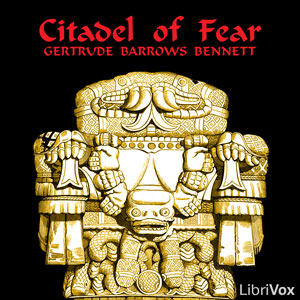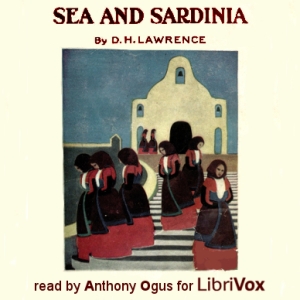The Lost Girl - D. H. Lawrence
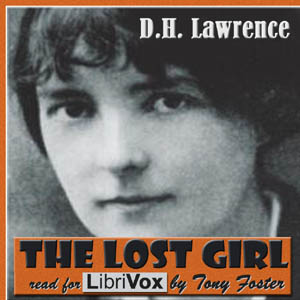
"There is no mistake about it, Alvina was a lost girl. She was cut off from everything she belonged to."
In this most under-valued of his novels, Lawrence once again presents us with a young woman hemmed in by her middle-class upbringing and (like Ursula Brangwen in The Rainbow) longing for escape. Alvina Houghton's plight, however, is given a rather comic and even picaresque treatment. Losing first her mother, a perpetual invalid, and later her cross-dressing father, a woefully ineffectual small-scale entrepreneur, Alvina feels doomed to merge with the tribe of eternal spinsters who surround her in the dreary mining community of Woodhouse.
Into this drab environment enter the Natcha-Kee-Tawara: a polyglot, poly-amorous troupe of travelling players united, on- and off-stage, in a fantasy of Native American nomadism. Enter Ciccio, the surly dark-eyed horseman. The Italian's potent and threatening physicality overwhelms Alvina and soon will propel her into - what? Perdition, or the paradoxical freedom of a girl who 'like(s) being lost'?
(Summary by Martin Geeson)

